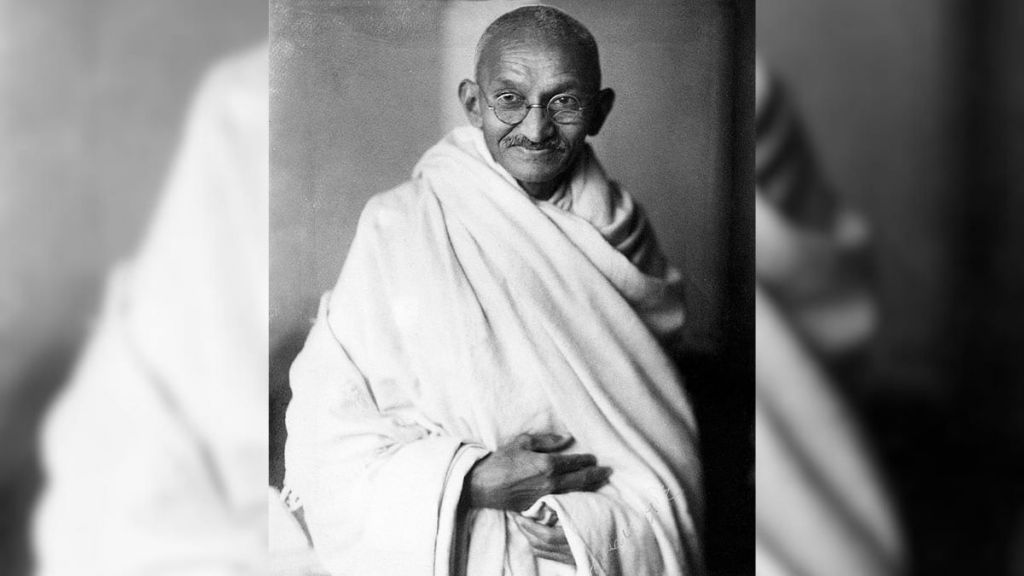
As Gandhi Jayanti approaches, a time when the nation reflects on Mahatma Gandhi’s legacy, we ask today’s generation if his principles still resonate with them. In a world driven by technology, changing traditions, and unique perspectives, do Gandhi's ideals of non-violence, inclusivity, and truth hold relevance?
To explore this, The Free Press Journal has reached out to Gen Z to understand their views on Gandhi philosophy and whether they connect or disconnect with the Father of the Nation and his timeless teachings.
Kausha Modi, a 21-year-old student, shares her perspective. “Many of us can relate to Gandhi’s ideas of sustainability, inclusivity, and his long-term vision. His beliefs in non-violence, religious pluralism, and poverty alleviation are still relevant today,” she says. Kausha highlights that Gandhi's legacy continues to resonate, especially in addressing societal challenges like communal harmony and environmental concerns.
On the other hand, not everyone sees Gandhi in the same light. Srijan Shrivastav, 21, offers a contrasting view. “I don’t connect with Mohandas Karamchand Gandhi's ideals. His initial writings reflect racist attitudes towards black people, and his sexual experiments to test his celibacy are highly inappropriate to me,” Srijan expresses. For him, Gandhi’s worldview feels outdated and disconnected from modern societal values.
Another Gen Z, Chandni Shah, a 23-year-old social media strategist, also shares similar thoughts. She believes, “He shouldn't be named as the father of the nation, as every individual freedom fighter did their best to get us free.”
Like a coin, there is a positive and negative side to each story, and the media plays a big role in shaping the opinions. “Through the media, he is often compared to figures like Savarkar and Godse, which I believe undermines his contributions,” says Kausha.
She further adds, “The way Britishers in that period of time used the strategy of divide and rule, which led to communal disharmony, for which Gandhi became the thread of unity among diverse communities of India. The current conditions of our country are also facing similar issues of communal disharmony, religious differences, and many more.” She points out Gandhi's important role in uniting a divided India against British colonialism.
Despite mixed views, Gandhi's legacy still inspires many Gen Z individuals, like Kriti Singh, a 22 year old web and graphic designer. “His vibe of non-violence and compassion is everything we're about. We're all trying to make a difference, just like him. He shows us that even small actions can add up to make a big impact. We're all about being true to ourselves and others, just like Gandhi. His legacy inspires us to be our best selves and create a better world.”
While a lot of people say this, there are a few who don't agree with Gandhian philosophies. Divya Singh, a 24 year old content analyst expresses, “I respect Gandhi for his role in freeing India from British rule, but I don’t believe all of his principles are relevant today. Take Satyagraha, for example. If someone is causing harm or injustice, would simply staging a peaceful protest change their mind in today’s era? Modern problems require modern solutions. In today’s world, you need to stand up and fight for your rights in the right way, while still respecting justice and fairness. It’s not just about patience anymore, but about making sure you’re heard in a society that moves fast and often overlooks subtlety.”
As these opinions differ, it’s clear that Gandhi’s influence cannot be easily dismissed. His contribution to India's independence is important, and his ideas continue to spark discussion. As Gandhi Jayanti approaches, it's worth remembering his message of peace and unity, even in a world that has evolved far beyond his time.